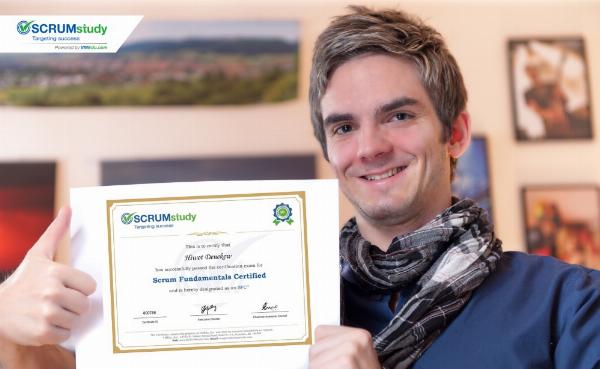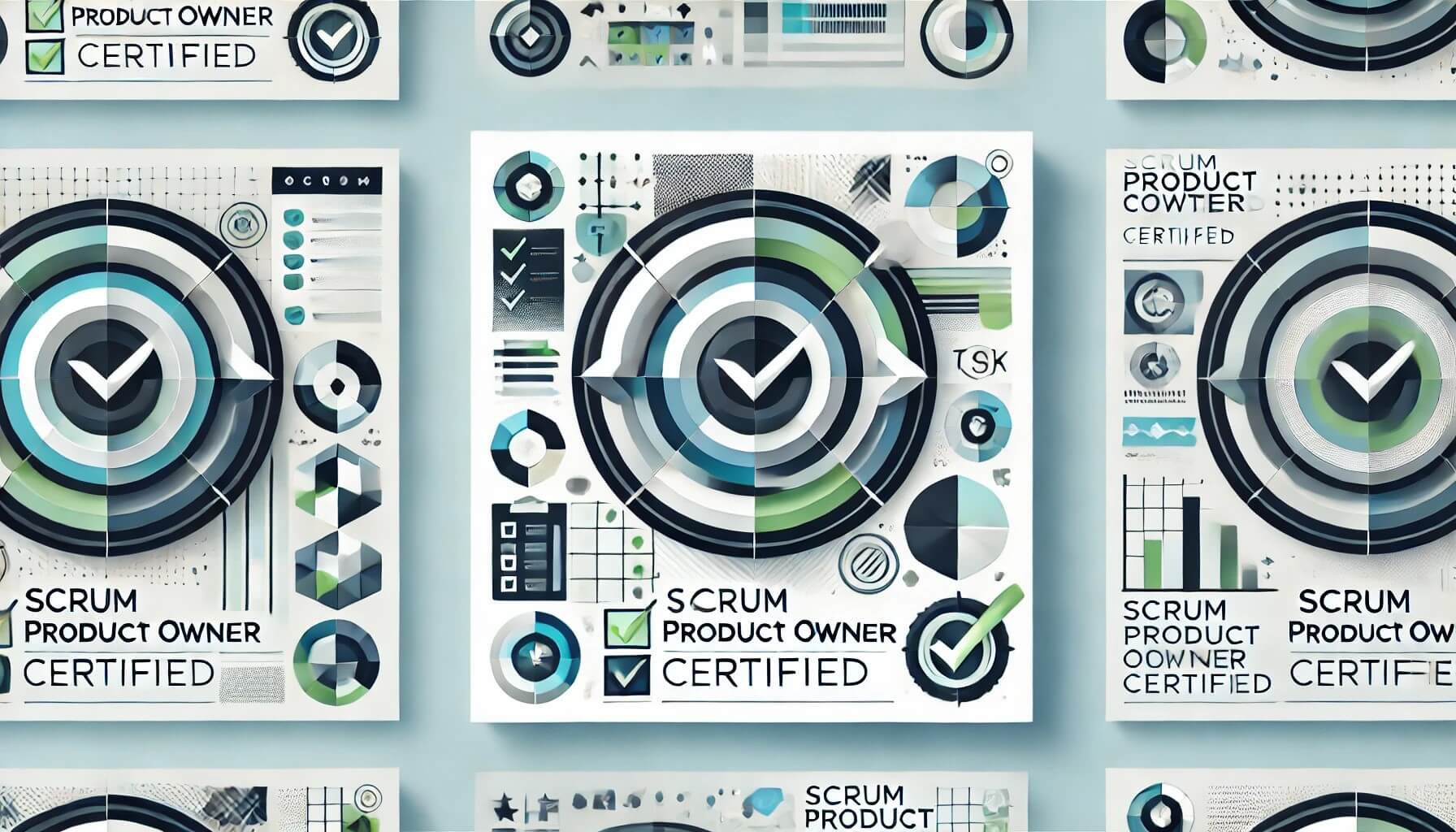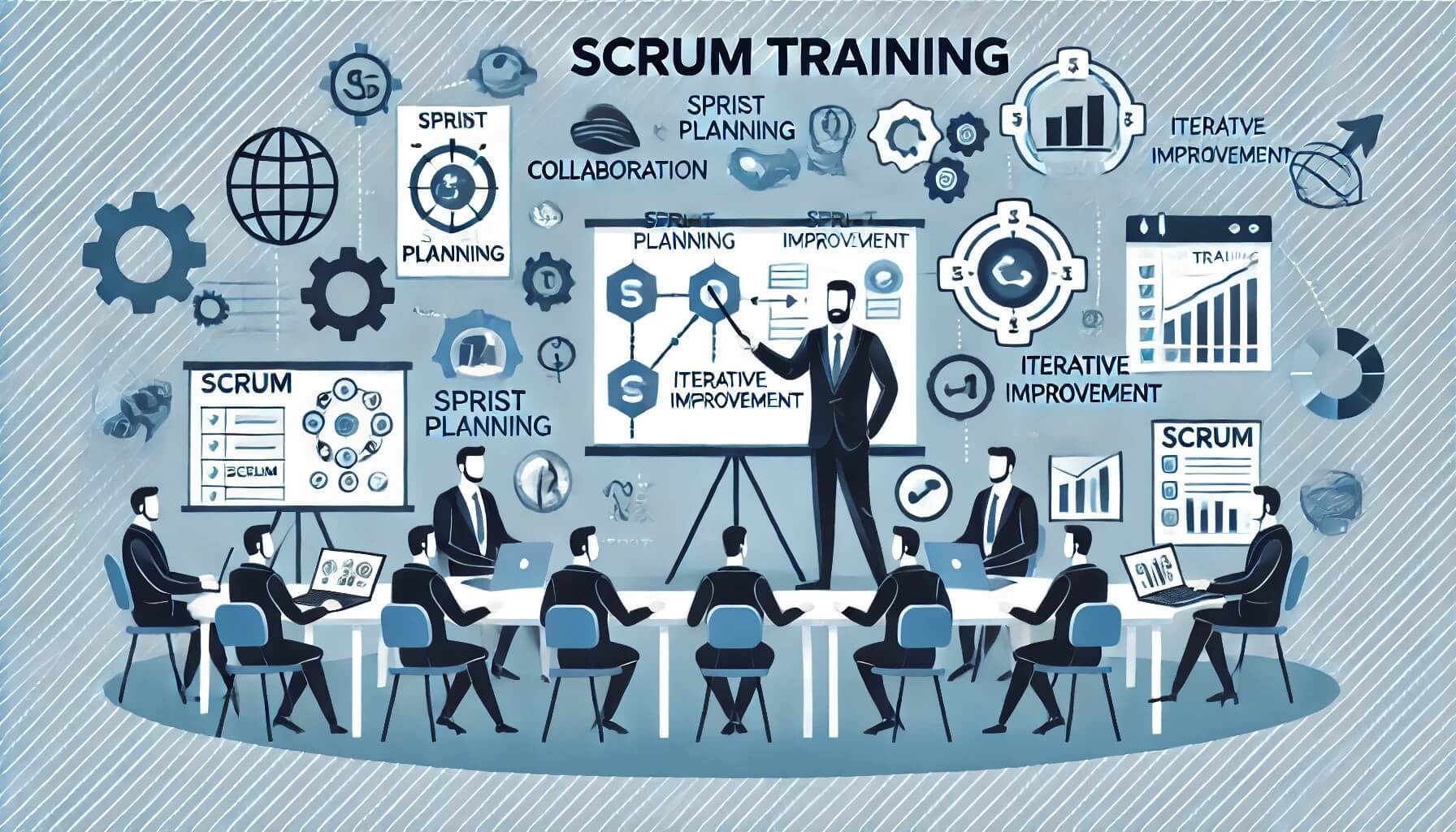How Scrum Fundamentals Certified Helps You Master Agile Practices

Strong 8k brings an ultra-HD IPTV experience to your living room and your pocket.
Agile practices have become a cornerstone of successful project management in today's fast-paced business world, enabling teams to adapt quickly and efficiently to changing requirements. Obtaining the Scrum Fundamentals Certified (SFC) credential is a great way to get started for professionals looking to strengthen their understanding of Agile methodologies. This certification is designed for individuals who want to familiarize themselves with Scrum principles and processes, giving them a strong foundation in Agile practices.
Understanding Scrum Fundamentals Certified
The Scrum Fundamentals Certified program introduces participants to the core concepts of Scrum, one of the most popular frameworks used within Agile project management. Scrum is known for its iterative approach to software development and other projects, ensuring that teams are able to deliver small, incremental improvements. SFC helps learners gain insights into this iterative model, focusing on collaboration, accountability, and continuous improvement.
Why Scrum Fundamentals Certified Is Important for Agile Mastery
Scrum is more than just a project management framework—it's a mindset. SFC certification helps professionals move away from traditional management approaches and embrace an Agile mentality. The certification teaches you how to approach work in a more flexible, iterative way, ensuring that you can handle the unpredictability of modern projects.
Key Concepts You’ll Master Through SFC
- The Scrum Framework: SFC provides a deep understanding of Scrum’s essential components, including roles like Product Owner, Scrum Master, and Development Team, as well as Scrum’s events and artifacts. This knowledge enables you to effectively participate in or lead Scrum teams.
- Agile Mindset: The certification promotes the adoption of an Agile mindset. This is crucial for team members and leaders who need to embrace flexibility, open communication, and constant adaptation, all of which are vital in Agile environments.
- Iterative Development: Through Scrum Fundamentals Certified, you will master the principles of iterative development. Scrum encourages frequent reassessment of progress and priorities, allowing teams to pivot and adjust when necessary. This leads to better project outcomes and a more dynamic development process.
- Collaboration and Communication: In Scrum, successful communication within the team and with stakeholders is critical. SFC helps you develop the skills to foster effective communication, leading to increased collaboration and productivity. You'll learn how to conduct productive meetings, such as Sprint Planning, Daily Standups, and Retrospectives, that keep projects on track.
- Continuous Improvement: Agile emphasizes the importance of constant refinement and improvement. With SFC, you'll learn how to create a culture of continuous improvement, where team members regularly evaluate their processes and outcomes to deliver better results over time.
Benefits of SFC for Your Career
- Increased Marketability: As organizations increasingly adopt Agile methodologies, having the SFC certification can set you apart from other candidates in the job market. Employers value professionals who understand the Scrum framework and can contribute to Agile initiatives.
- Enhanced Skill Set: The SFC certification equips you with tools and techniques that are essential in managing modern projects, making you more adaptable to changes and better at risk management.
- Career Growth Opportunities: For individuals in project management, product development, or IT, the SFC opens doors to higher-level certifications like Scrum Master or Product Owner, further advancing your career prospects.
- How to Get Scrum Fundamentals Certified
- Enroll in an SFC Course: Start by enrolling in an accredited Scrum Fundamentals Certified course. These courses are usually available online and offer flexible learning options.
- Study Scrum Principles: Ensure you have a deep understanding of the Scrum framework, including the roles, artifacts, and ceremonies.
- Take the Exam: After completing the course, you can take the certification exam. The exam usually tests your understanding of Scrum concepts, roles, and best practices.
- Earn Your Certification: Once you pass the exam, you will be awarded the Scrum Fundamentals Certified credential, enhancing your qualifications.
Conclusion
The Scrum Fundamentals Certified course offers a valuable starting point for anyone looking to understand and implement Agile practices in their projects. By mastering the core elements of Scrum, professionals can contribute to more adaptive, efficient, and successful project outcomes. If you’re looking to expand your knowledge of Agile and become a key player in today’s fast-evolving business landscape, earning your SFC certification is the first step.
GET MORE FROM SCRUMstudy
Enroll in Classes
Download SBOK® Guide
Join SCRUMstudy™ LinkedIn Group
Follow on SCRUMstudy Facebook
Note: IndiBlogHub features both user-submitted and editorial content. We do not verify third-party contributions. Read our Disclaimer and Privacy Policyfor details.







